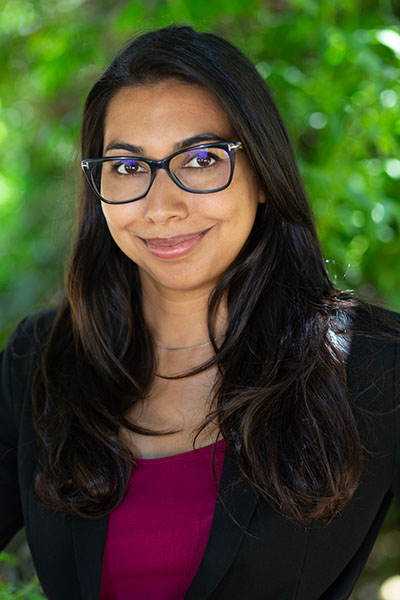PsyD Clinical Psychology
As one of the first PsyD programs in the nation, the Graduate School of Professional Psychology has offered a Doctorate in Clinical Psychology (PsyD) since 1976. The mission of the PsyD program is to train doctoral-level practitioner/scholars who have foundational interpersonal and scientific skills, a functional mastery of psychological assessment and intervention, and can apply this knowledge and skill in a range of settings.
We aim to train psychologists who contribute to the common good through their interpersonal awareness and skill. Students graduate from GSPP as psychologists with a solid grounding in psychology's scientific, ethical and professional foundations, with skills in assessment and intervention that can be applied to many contexts and communities.

Specialty and Focus Area Coursework and Practicum
We offer training in a variety of specialty and focus areas including Military Psychology, Child and Adolescent Psychology, Health Psychology, Advanced Assessment, Forensic Psychology, and Substance Use. We also offer training opportunities across theoretical orientations (relational, psychodynamic, humanistic, ACT, CBT, DBT, and others) and across modalities (e.g., individual, group, family, couple, play therapies).

Foundations of Diversity
Our required multicultural sequence ensures students are prepared to work with diverse populations.

Clinical Experience from Day One
Clinical practice begins in the first quarter of the program at DU's community-based Professional Psychology Clinic (PPC). Additional external practicum opportunities are available through our partnerships at 130 different sites.

Exemplary Breadth
We offer extensive hands-on and experiential opportunities to complement our students' broad base of knowledge along with their analytical and research skills.

Career Preparation
We connect our students with internships, mentorships and professional development opportunities to help ensure professional success.
Course of Study
Clinical Competency Exam
This exam is generally taken in the second year to ensure students demonstrate minimum standards for clinical skill and scholarship. It is comprised of three sections: clinical vignettes, clinical case conceptualization and clinical intervention strategies.
Doctoral Paper
The doctoral paper requires students to make an original contribution to psychological scholarship. They may choose to do a qualitative or quantitative research project or select another form of scholarship such as developing a case study or treatment protocol.
Clinical Training
Professional Psychology Clinic (PPC)
Students become staff members of the PPC and work with clients in the clinic each year prior to their internship. PPC client cases are supervised by faculty members, seminar co-leaders and individual community professionals.
Explore ClinicsCommunity Practicums
In the years prior to their internship, students serve in practicums for a minimum of eight hours per week. Sites may include mental health centers, schools, hospitals, rehabilitation center, and residential treatment homes.
Learn MoreDoctoral Internship
During their clinical internship, a vital part of our program, students gain valuable experience interning at sites around the U.S. and Canada and are able to pursue placements in a variety of settings. Our program has a 100% match rate to accredited sites.
Past Placements





